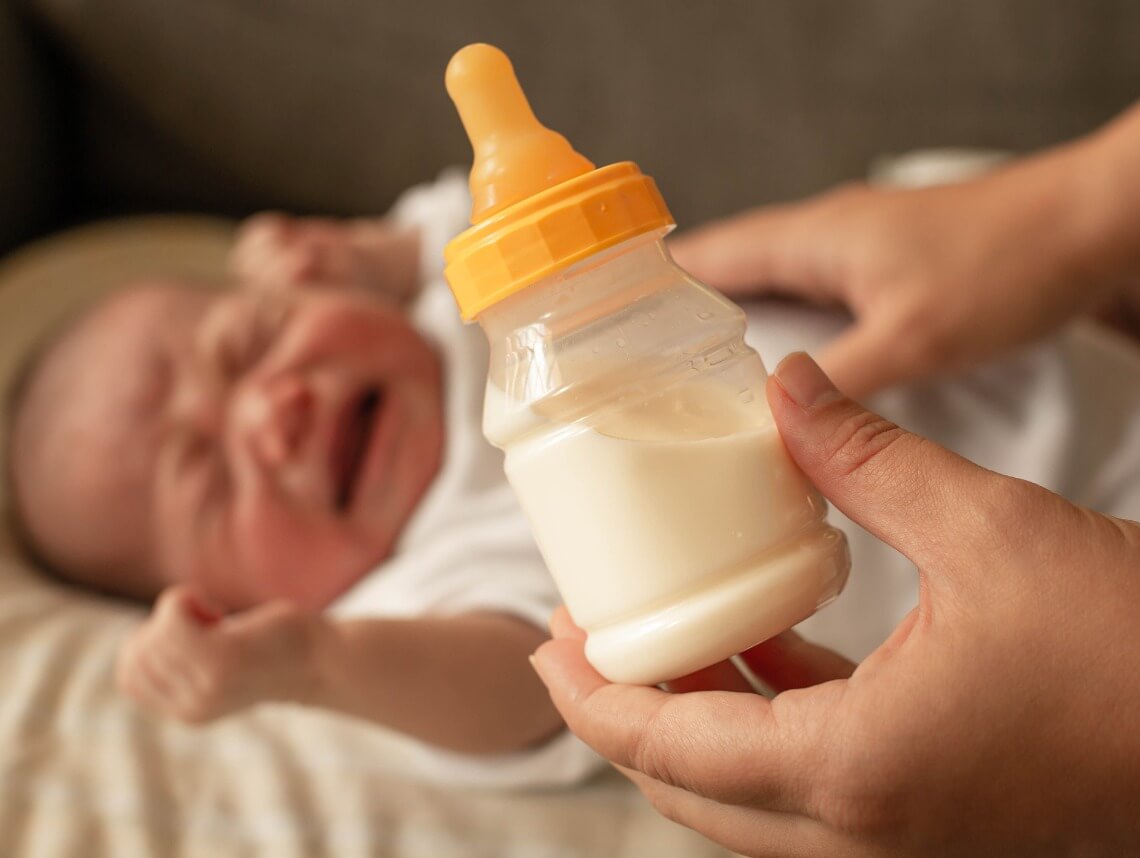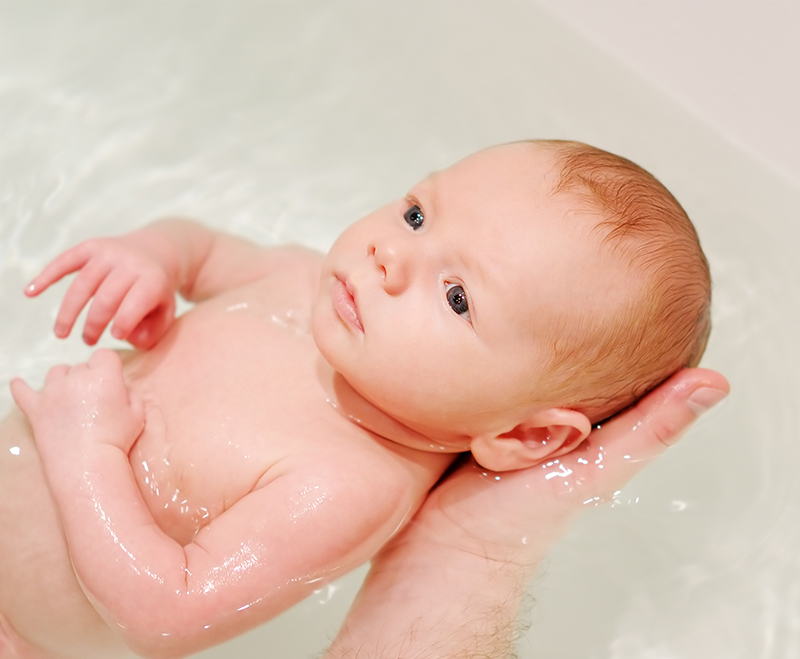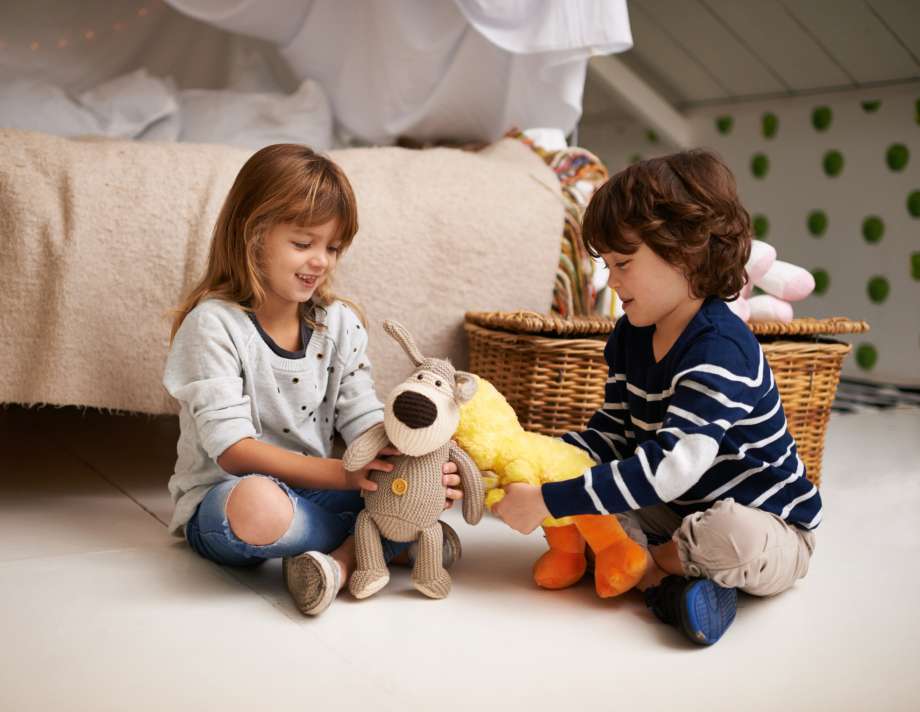Top 5 Essential Tips for Newborn Baby Care
Feeding your newborn every 2-3 hours is key for growth. Notice hunger cues for timely feeds. Healthy sleep habits help development; swaddling aids longer sleep periods. Maintain hygiene by using gentle products during baths. Change diapers frequently and let skin breathe. Bond with your baby through skin-to-skin contact, eye contact, and gentle talk for emotional growth. Remember, these tips are just the start of your journey to caring for your newborn!
Key Takeaways
- Establish a feeding schedule every 2-3 hours to ensure nourishment.
- Swaddle newborns for comfort and longer sleep periods.
- Use gentle cleansing products for regular baths.
- Change diapers frequently to keep skin dry and healthy.
- Foster bonding through skin-to-skin contact and eye contact.
Feeding

When caring for your newborn, ensuring they’re fed properly is vital for their growth and development. Breastfeeding offers numerous benefits, providing your baby with essential nutrients and antibodies that boost their immune system. However, if breastfeeding isn’t possible or preferred, there are various formula options available that can also support your baby’s nutritional needs.
Establishing a feeding schedule is important to make sure your newborn is getting an adequate amount of nourishment throughout the day. Newborns typically feed every 2-3 hours, but they may need to eat more frequently during growth spurts. It’s crucial to pay attention to your baby’s hunger cues to know when they need to be fed.
Additionally, mastering proper burping techniques is crucial to prevent your baby from swallowing air, which can lead to discomfort and colic. Gently patting or rubbing your baby’s back after feeding can help release any trapped air and aid in digestion.
Sleeping

To guarantee your newborn gets the rest they need for best growth and development, establishing healthy sleeping habits is key. Creating consistent nap routines can help regulate your baby’s sleep patterns, ensuring they get the recommended hours of sleep per day.
Newborns sleep for shorter periods and wake frequently, so optimizing their nap schedule can make a big difference in their overall rest.
Swaddling is a technique that mimics the coziness of the womb, providing comfort and security to your baby. Wrapping your little one snugly in a swaddle can help prevent them from waking themselves up due to their startle reflex, promoting longer and more restful sleep periods.
Bathing

Regularly bathing your newborn is a critical part of their hygiene routine to keep their delicate skin clean and healthy. When giving your baby a bath, make sure the water temperature is comfortably warm, around 37°C (98.6°F), to prevent scalding or chilling. Testing the water with your wrist or elbow is a good way to confirm it’s not too hot. Remember, babies can lose heat quickly, so swift and gentle bathing is key.
Opt for gentle cleansing products specifically designed for newborns to avoid irritation. Use a mild, fragrance-free baby soap and shampoo to clean your baby’s skin and hair. Be gentle during the bath, supporting their head and neck carefully. A sponge bath can be done until the umbilical stump falls off, usually within the first few weeks.
Bathing your newborn can be a soothing experience for both of you. The key is to make sure the water temperature is safe and the products used are gentle on their delicate skin.
Diapering

To start off, maintaining proper hygiene for your newborn extends beyond bathing; ensuring you handle diapering correctly is equally important for their comfort and health. Diaper rash is a common concern for parents, but there are steps you can take to prevent it.
To begin with, change your baby’s diaper frequently to keep their skin dry and clean. Use a gentle wipe or washcloth during changes, and allow their skin to air dry before putting on a fresh diaper. Applying a thin layer of diaper cream can also help create a protective barrier.
When it comes to choosing between cloth and disposable diapers, consider factors like convenience, cost, and environmental impact. Cloth diapers are reusable, making them eco-friendly and cost-effective in the long run. However, they require more frequent changes and washing.
On the other hand, disposable diapers are convenient and absorbent but contribute to landfill waste. Ultimately, the choice between cloth and disposable diapers depends on your lifestyle and priorities.
Bonding
Establishing a strong bond with your newborn is crucial for their emotional and cognitive development. Make the most of skin-to-skin contact and cuddle time to enhance your connection with your little one. The warmth and closeness of these moments can help your baby feel secure and loved, creating a strong foundation for their future relationships.
Don’t underestimate the power of eye contact during feeding or diaper changes. It’s a simple yet effective way to communicate and build trust with your baby. Singing songs or talking softly to your newborn can also strengthen your bond. Your voice is soothing and comforting to them, helping them feel safe and reassured.
Bonding is a two-way street, so pay attention to your baby’s cues. They may smile, coo, or gaze back at you, signaling their enjoyment of your interactions. Responding to these cues with love and affection fosters a deep connection between you and your little one.
Enjoy these precious moments of bonding; they’re building blocks for a loving and secure relationship.
Frequently Asked Questions
How Can I Soothe a Colicky Baby?
When dealing with a colicky baby, remember to try different soothing techniques like gentle rocking, swaddling, or white noise. Colic remedies such as gas drops or gripe water can also provide relief for your newborn.
When Should I Start Tummy Time With My Newborn?
Start tummy time with your newborn when they are awake and alert. This helps build their neck and shoulder muscles, supporting developmental milestones like crawling. Always supervise and make sure they are on a firm surface.
Is It Normal for My Baby to Have Hiccups Frequently?
It’s completely normal for your baby to have hiccups frequently. To help reduce them, try adjusting feeding positions and utilizing gentle burping techniques. Remember, little hiccups are just part of their developing digestive system.
How Do I Choose the Right Size of Clothing for My Newborn?
When choosing baby sleepwear, opt for soft, breathable fabrics that fit snugly but allow movement. For diaper changing ease, consider outfits with snaps or zippers. Look for sizes based on weight rather than age for the best fit.
What Should I Do if My Baby Has a Diaper Rash?
If your baby has a diaper rash, try diaper rash prevention by changing diapers frequently and using natural remedies like coconut oil. Consider using diaper rash creams recommended by the doctor for faster healing and relief.
Conclusion
Remember, caring for a newborn can be overwhelming but with these essential tips, you’re well on your way to providing the best care for your little one.
Trust your instincts, seek support when needed, and most importantly, cherish these precious moments with your baby.
Remember, every baby is different so don’t be too hard on yourself. You’re doing a great job!

Chad Adan Kace, a young dad from Vermont, shares his parenting journey with a touch of humor and lots of love. Father to a lively baby, he explores the joys and challenges of fatherhood through his stories.







